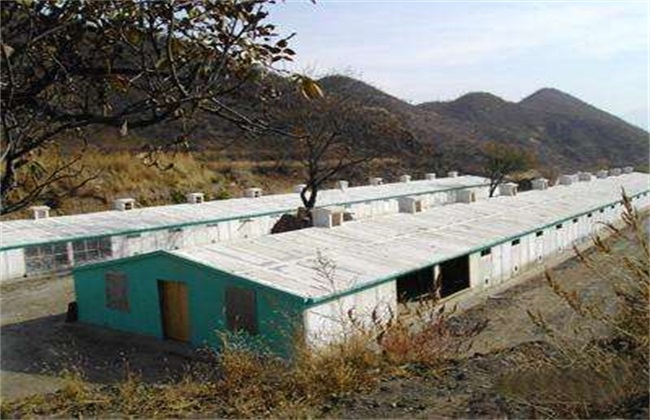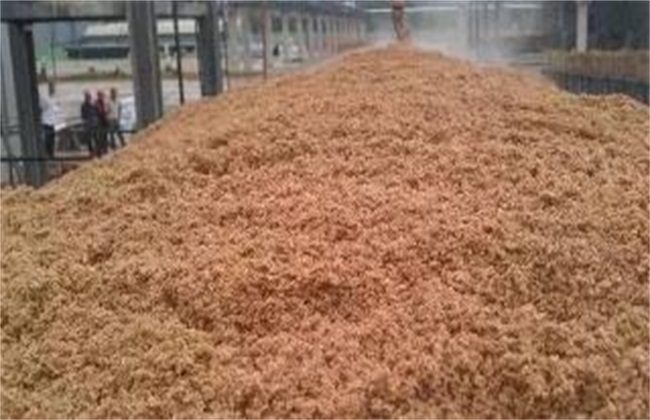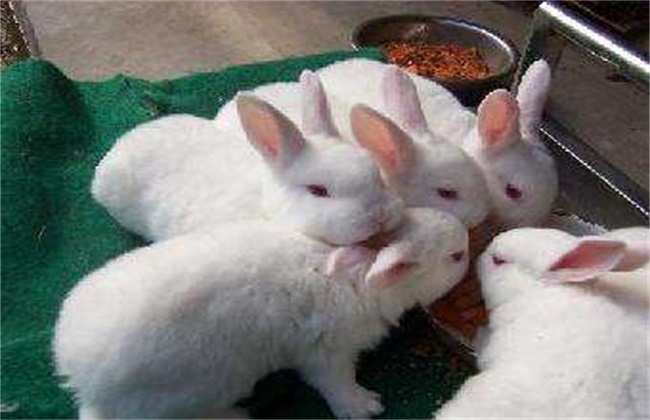The requirements of the growing environment of ducks
Raising ducks needs to create an environment suitable for ducks to grow so that ducks can grow healthy and strong. The factors that affect the breeding environment are light, temperature, humidity, air, and the hygiene of duck houses. These constitute whether the environment is good or bad. In general, ducks have their own unique requirements for these factors, so it is necessary to create the most suitable growth environment according to the growth characteristics of ducks. So next, let's take a look at what the best environmental factors are needed to raise ducks.

1. Temperature
Ducklings should maintain 28 to 30 degrees for 3 days after birth, 24 to 27 degrees for a week after three days, 20 to 23 degrees for one to two weeks, and then gradually lower the temperature to normal. During the laying period, the chickens should be warmed up properly, and the temperature can generally be increased to between 25 and 30 degrees alone. At ordinary times, it is best for the chicken house to keep the temperature above 20 degrees and below 25 degrees, heating below 10 degrees in winter, and timely ventilation and cooling above 35 degrees in summer.
2. Humidity
Newborn chicks do not need too high humidity, as long as the air humidity is kept at about 50% and will not be dry, which helps to keep warm and promote plump feathers. After the rearing period, you can increase some air humidity, about 60% is good, which is good for the chicken to breathe oxygen. To reduce air humidity in summer, it is easy to get sick. Increase humidity in winter to prevent excessive dryness from being harmful to the respiratory tract.
3. Lighting
Chicks can not go outside, must receive artificial light, generally need to receive light during the day, about 11 hours of light, turn off the lights at night. After normal breeding, you can often go out for breeding, so you can accept natural light, supplement calcium, strengthen duck bones, and prevent foot weakness.
4. Air
The duck house should have good ventilation and open windows, which can ensure the air quality in the duck house. Due to duck excretion and limited space, the air is often turbid and the space has an unpleasant smell, so it is best to ventilate regularly to ensure that the air is good. Ensure the supply of oxygen and discharge excess carbon dioxide from the room.
5. Hygiene
The duck house where the duck lives should be cleaned every day, washed regularly and kept clean, and the ground can be covered with fine sand, which can ensure that the duck house is dry and easy to clean, but the sand has to be replaced after a period of time. In addition, the activity ground where ducks live should also be cleaned regularly. After cleaning, the duck house needs to be disinfected, and the utensils such as troughs in the duck house should be cleaned and disinfected frequently. Excreta must be piled up and cooked, and fertilizers must be used for insecticide and sterilization.
Duck growth will also have its own needs for the living environment, to meet such needs, in order to ensure the good growth of ducks. Farms, if the breeding area is not too large, enough managers, it can be fine management, to provide a better growth environment, so as to ensure efficiency.
Related
- On the eggshell is a badge full of pride. British Poultry Egg Market and Consumer observation
- British study: 72% of Britons are willing to buy native eggs raised by insects
- Guidelines for friendly egg production revised the increase of space in chicken sheds can not be forced to change feathers and lay eggs.
- Risk of delay in customs clearance Australia suspends lobster exports to China
- Pig semen-the Vector of virus Transmission (4)
- Pig semen-the Vector of virus Transmission (3)
- Five common causes of difficult control of classical swine fever in clinic and their countermeasures
- Foot-and-mouth disease is the most effective way to prevent it!
- PED is the number one killer of piglets and has to be guarded against in autumn and winter.
- What is "yellow fat pig"? Have you ever heard the pig collector talk about "yellow fat pig"?



